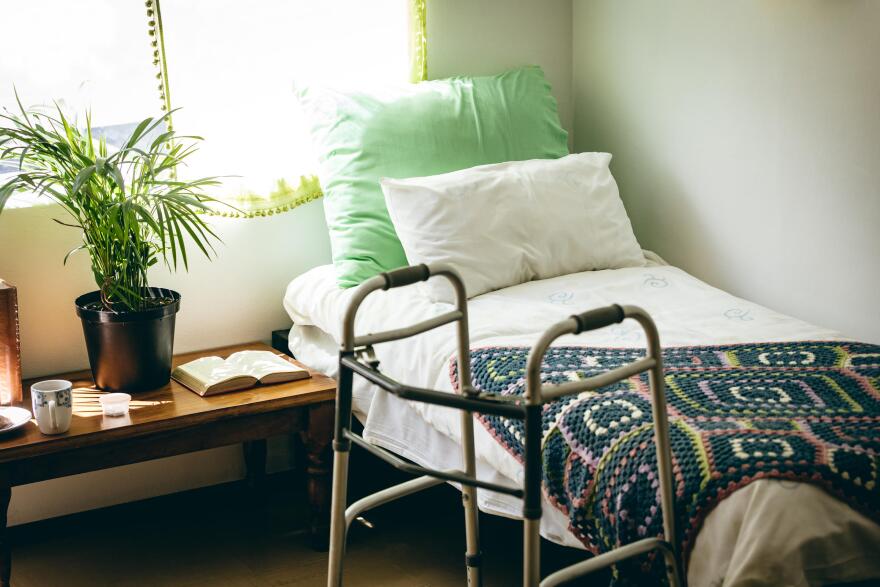According to a new study from the University of South Florida and Brown University, Hurricane Irma in 2017 had an even greater long-term effect on nursing home residents than the federal government reported.
The study, published this month in the JAMA Network Open, examined the health outcomes of nearly 62,000 residents 65 and older living in 640 Florida nursing home facilities during Irma. It compared them to a similar number of nursing home residents during the same time period in 2015 who were not exposed to a hurricane.
Researchers found there were 433 more nursing home deaths within 90 days of Irma and 262 more within 30 days, compared with the non-hurricane group from 2015.
According to the study, the federal Centers for Disease Control and Prevention reported 123 deaths from Irma for the entire population of Florida. The agency used the electronic death registration system to evaluate direct and indirect deaths attributed to the hurricane, but not deaths from the "exacerbation of existing medical conditions," the study said.
Lindsay Peterson, co-author of the study and assistant professor in the USF School of Aging Studies, said the federal government often undervalues indirect fatalities in nursing homes, where a death resulting from a worsening health condition is likely to be considered a death by natural causes even if it follows a traumatic event like a hurricane.
“There were a number of things that happened that could cause a person who was already frail, who already had a heart condition or some other condition that would make them more likely to die or be hospitalized, more vulnerable,” Peterson said.
This study analyzed Medicare claims and nursing home administrative data, which are far more extensive than the death certificates federal agencies use.
The study also showed that a long nursing home stay was associated with a greater risk for mortality compared with a short stay. Longer stays are more likely to involve patients diagnosed with some form of dementia, compared to a short-term stay by a patient who may have been recovering from hip surgery.
Peterson said the effects of a hurricane evacuation, power outages, missed medications and more, can take weeks or months to manifest in patients as a physical or cognitive decline.
“It very likely would not have happened if not for the stress caused by the events around the hurricane,” Peterson said.
Peterson said while many nursing homes have taken great steps toward protecting frail and elderly patients, especially after a statewide electrical generator mandate following as many as 12 heat-related deaths in a Hollywood facility, more can be done.
She said the state and federal governments need to change policies around Medicare and Medicaid reimbursement rates to pump more money into what are often independently owned facilities that struggle to pay for new generators and staff that may work 24-hour shifts several days in a row during emergencies.
She said it also benefits nursing homes to join regional and state long-term care coalitions, and work more closely with county emergency management divisions.
9(MDAyNDY5ODMwMDEyMjg3NjMzMTE1ZjE2MA001))
Copyright 2020 WUSF Public Media - WUSF 89.7






